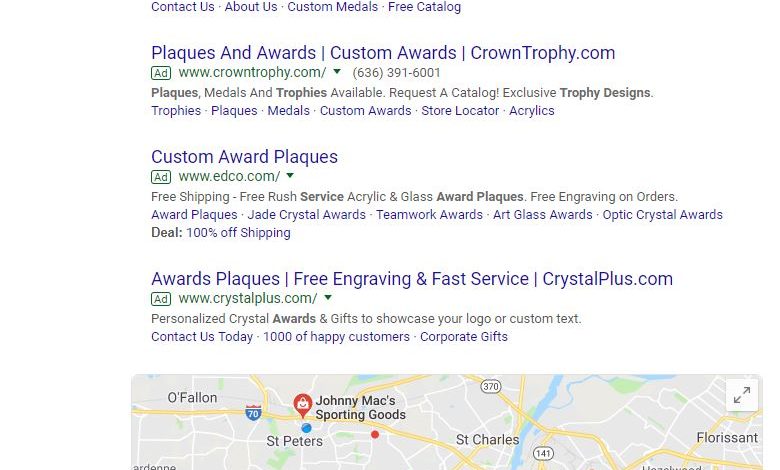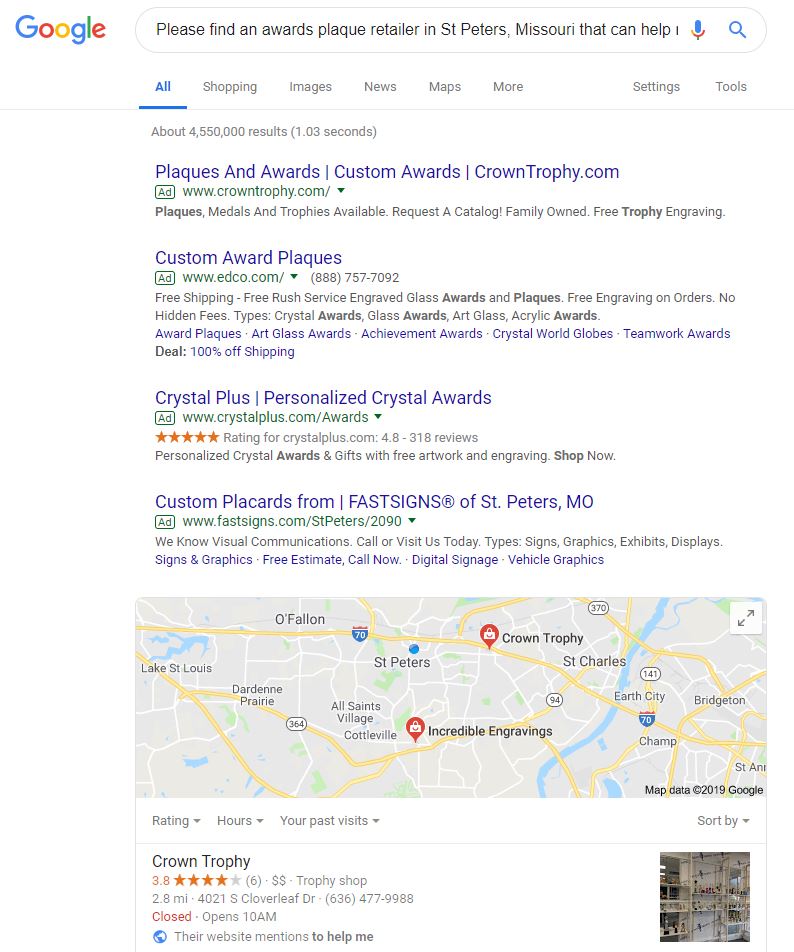Keeping Up with SEO Changes
Overcome the ever-changing landscape in this feature from the May 2019 issue of A&E.
Note: This article appears in the May 2019 issue of A&E magazine.
I have been involved in marketing for a long time and things do change frequently. If you are reading this article two or three years from the time I wrote it, you might think I’m crazy as things probably will have changed a lot. In marketing, the one thing that changes the most often is SEO.
Google changes the rules constantly, and the other search engines try to keep up. You think you have your strategy heading in the right direction, but then change happens, so you can’t just set it and forget it. You have to look ahead to the next change coming. Google changes its search formula on average 550 times per year. Most of these changes are minor, but some change things in a significant way as to how your site shows up in the page rankings. The company wants to provide its customers (the people asking Google questions) with the best experiences, so its systems are growing and getting smarter all the time, hence these constant changes.
Two Areas to Understand
As a general marketing person or business owner, I always suggest having your own SEO guru available to keep your site in Google’s good graces. Most of us don’t have time to manage 500 to 600 changes a year and still be effective. We need to understand the overarching strategies and make the changes we can make as we do other marketing activities, but having someone who lives and breathes SEO is a must.
The gentleman I turn to is Will Hanke from www.redcanoemedia.com. I recently had an opportunity to sit down for a short video interview with him on my weekly Small Business Saturday’s session on my Facebook page. After that discussion, it seems to me that there are two major areas we need to understand that are driving change in SEO strategies. Let’s dig in and I’ll provide quotes from Hanke with more details.
Mobile– Our phones have become part of normal everyday lives, not just a tool we sometimes use. Everywhere you look, you find someone with a phone in their hands or at least within arm’s reach. They have become our watches, alarm clocks, and cameras as well as our entertainment, source of news, and most importantly, our quick source of information.
Need directions? We use our phones to guide us. Need to buy something? We research it on our phones. Need to know what the average rainfall in Aruba is? We ask Google (or in only 10 percent of cases, people ask another search provider like Bing). According to Hanke, in approximately April of 2016, Google released a change that drastically penalized your ranking if your site was not mobile friendly. And since that time, our reliance as a society on mobile search has continued to grow.
According to Hanke, “Google saw how many people were starting to use mobile devices for search at the time in 2016, around 30 percent versus desktop searches. That number recently (jumped to) 56 percent of all traffic being from mobile.” My jaw dropped hearing that as I knew it was growing, but think about that… Over half the traffic that Google gets (and it is a lot) is now from our phones or tablets. Gone are the days of developing your website for a great desktop experience and just having a bare-bones, stripped-down version for mobile. Your strategy should be to focus on making the best mobile website you can and then adapting that from there to also be a good desktop experience.
Hanke goes on to say that “within the last couple months, Google has kind of split into two ‘Googles,’ which a lot of people don’t know. There is now a desktop index if you’re searching for a specific thing on a desktop or a hardwired system somewhere, and then there’s a separate ranking index for mobile searches. You could actually rank on page one on a desktop for some term and not show up at all in the mobile version. That is pretty big shift in the overall way that Google is indexing websites.” Go make sure your website is mobile friendly now.
Voice Search– The other bit of technology that is creeping its way into our lives is the voice search technology. Think about all the commercials you have seen for Siri, Google Home, Cortana, and Alexa. How often do you ask one of these virtual assistants to help you find something? And this changes the game completely, as typically these services list the first or first few options that come up. If you are outside of the top three, forget about ever being found.
Voice search also changes the way we actually search for things online. Think about it. If you were trying to find someone to make you awards plaques and were using a desktop computer or a mobile phone typing in your search, it might look something like “award plaques 63376 design services.” But the search would look sound like this if you’re speaking it to your digital assistant: “Please find an awards plaque retailer in St. Peters, Missouri that can help me with the design.” As you can see, the results on page ? are different, though my intent was to find the same thing.
You need to start looking at your strategy to include the content that people are going to be speaking too, not just typing. When posed with this question, my expert and friend Hanke says, “Google is smart enough to understand the intent that it’s something that (the user) wants right away; they want it within a geographic area, so they’re using their map system to provide those results. It is important that when you’re optimizing your site, you focus on your Contact Us page and your Services page, and that you start to consider mentioning a couple towns that you’re in.” Think about adding information about nearby landmarks that people might reference and details of how you would describe finding your company if you were having a face-to-face conversation with people.
Hanke adds, “Make sure that your Google My Business (formerly Google Local and prior to that, Google Maps) account is optimized as much as possible. Make sure you claim your listing, and optimize by making sure you’ve added the right categories that your business is in and those sort of things.”
The Right Strategies
The challenge of keeping up with SEO is real, but with the right partners and right strategies, you can overcome the ever-changing landscape. Add some common-sense type things, like making your site a good place to come to no matter what device your potential customers are on, and you will be able to welcome new people to your business. Think about the user and how they are finding you, and Google and the other search engines will reward you.


